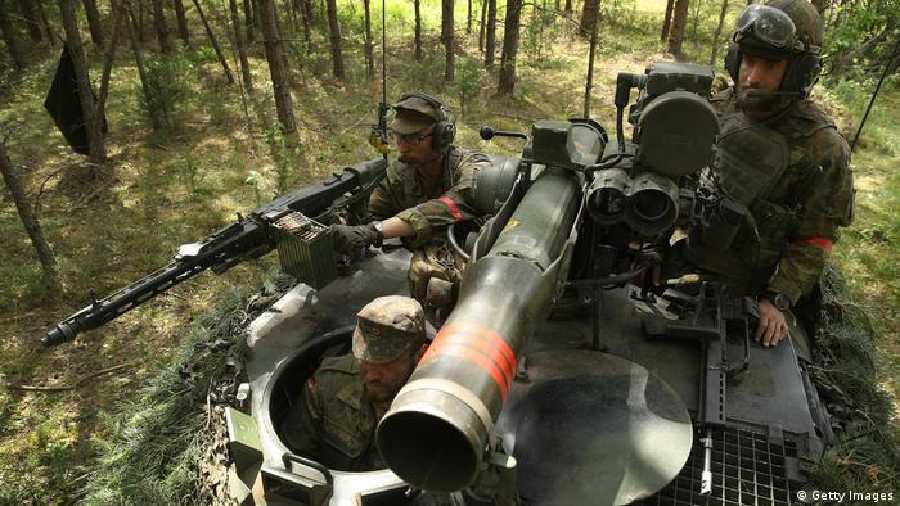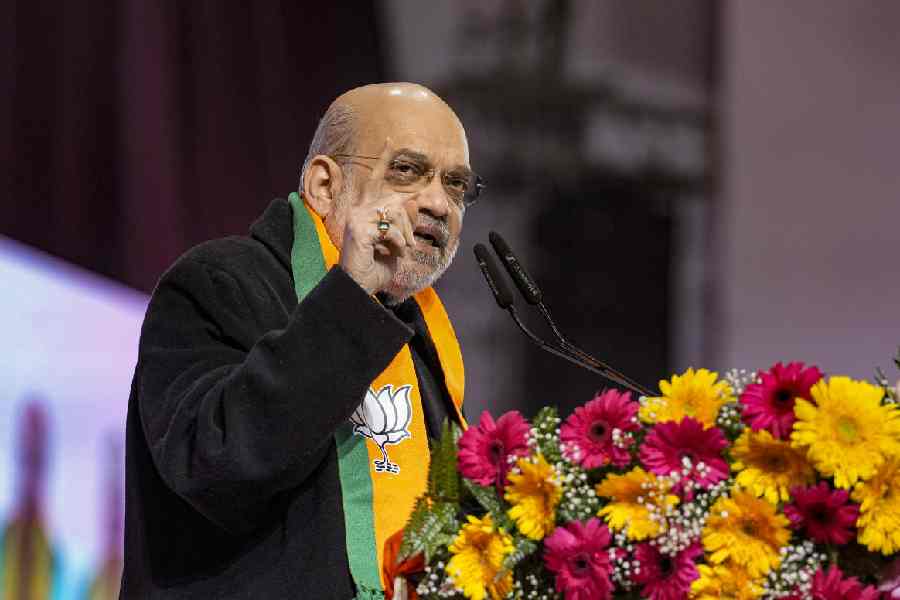Germany's Federal Ministry of Transport and Digital Infrastructure has announced that Russian planes will be banned from 3 p.m. (1400 UTC) on Sunday.
The minister in charge, Volker Wissing, made the decision after numerous other countries closed their air space to Russian aircraft.
Germany joins most Eastern European members of the EU, as well as the UK in taking this step.
As Russia's invasion of Ukraine continues into its fourth day, German Chancellor Olaf Scholz addressed the German Parliament, the Bundestag, on the government's decision to directly supply weapons to Ukrainian troops.
"We need to support Ukraine in its hour of desperate need," Scholz told a special session of the Bundestag.
"There was no other response possible to Putin's aggression," he added, referring to the release of German weapons to Ukraine.
"It was Putin who chose this war, not the Russian people, so we must see clearly that this is Putin's war," the chancellor said.
On Saturday, the German government announced its decision to provide 1,000 anti-tank weapons and 500 surface-to-air missiles from German military stocks to Ukraine as soon as possible.
Additionally, Estonia and the Netherlands received permission from the German government to transfer German-made weapons to Ukraine, whereas previously such permission had been denied.
The moves are a reversal of Germany's long-standing principle banning weapons exports to conflict areas.
Why did Germany change its policy?
"In attacking Ukraine, Putin doesn't just want to eradicate a country from the world map, he is destroying the European security structure we have had in place since Helsinki," Scholz said, referring to Europe's longstanding security infrastructure.
"We are not alone in defending peace."
In announcing the policy reversal on Saturday, Scholz explained: "The Russian invasion of Ukraine marks a turning point. It threatens our entire post-war order. In this situation, it is our duty to support Ukraine to the best of our ability in its defense against Vladimir Putin's invading army."
"Germany stands closely by Ukraine's side," Scholz added.
For years, Germany has refused to export any arms to war zones, or allow third countries to send German-made arms to these areas. The policy is rooted in Germany's history as an aggressor during World War II.
How has Ukraine reacted?
Ukrainian President Volodymyr Zelenskyy welcomed Germany's change of heart. On Twitter, he wrote, "Keep up the good work, Chancellor Olaf Scholz. Anti-war coalition in action!"
Ukraine's Ambassador to Germany, Andrij Melnyk, told the Germany's DPA news agency: "We are glad that Germany has finally made this 180-degree turnaround."
Melnyk also told German newspaper Die Welt that Ukraine expects "this is only Germany's first step."
He called for "an immediate ban on the import of all Russian raw materials, without exception, not only for gas, petroleum, coal, or metals."
Melnyk said he hopes that as the Russian invasion rumbles on, the German government will provide additional defensive weapons so Ukraine can defend itself.











